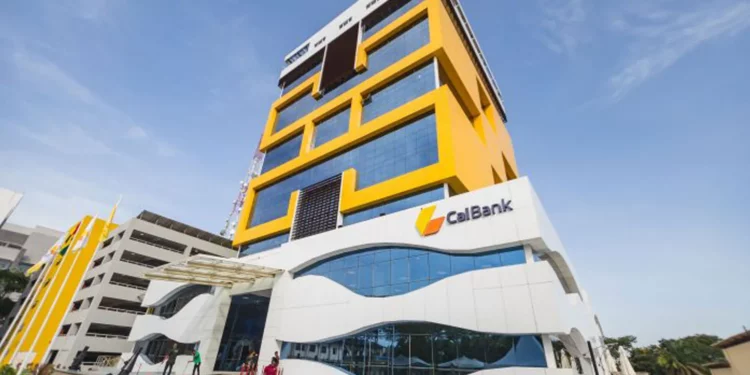CAL Bank records GHS 60.4m net profit in Q1 2023
Despite the marginal increase in net profit, the bank’s asset value declined slightly from GHS 10.6bn to GHS 10.2bn within the review period. This decrease in asset value was primarily due to a decline in investment securities from GHS 4.7bn in 2022 to GHS 3.6bn in 2023.
- Advertisement -
Cal Bank, one of Ghana’s leading banks, has reported a net profit of GHS 60.4m for the first quarter of 2023, marginally above the GHS 60.2m net profit recorded in the same period last year. The bank’s financial performance was driven by a rise in net interest income, which increased from GHS 144m in Q1 2022 to GHS 151m in Q1 2023.
Despite the marginal increase in net profit, the bank’s asset value declined slightly from GHS 10.6bn to GHS 10.2bn within the review period. This decrease in asset value was primarily due to a decline in investment securities from GHS 4.7bn in 2022 to GHS 3.6bn in 2023.
- Advertisement -
On the liabilities side, the bank’s total deposits from customers increased, leading to an increase in liabilities from GHS 9.3bn to GHS 9.7bn. This increase in deposits indicates that the bank has more funds available for lending, which could potentially increase the bank’s interest income.
- Advertisement -
The bank’s capital adequacy ratio (CAR), which measures the bank’s ability to absorb losses, declined from 22.4% in Q1 2022 to 10.5% in Q1 2023. With a 10.5% CAR, Cal Bank is slightly above the BoG’s regulatory 10% minimum CAR requirement.
- Advertisement -
Furthermore, the bank’s asset quality deteriorated within the review period as the non-performing loans grew from 9.2% to 11.2%. Non-performing loans are loans that have not been repaid for a specified period, indicating potential credit risks to the bank. A rise in non-performing loans could result in higher loan loss provisions, which could adversely affect the bank’s profitability.
The Cal Bank’s Q1 2023 financial performance showed a marginal increase in net profit, primarily driven by a rise in net interest income. However, the bank’s decline in asset value and deteriorating loan asset quality are potential risks that the bank may need to address to ensure sustainable growth and stability. Moreover, the decline in the bank’s capital adequacy ratio could also limit its ability to absorb potential losses in the future.
Source: norvanreports
- Advertisement -



